Iran FM criticizes Western sides in Vienna talks for lack of initiative during negotiations
Iran’s foreign minister has criticized the Western participants in the Vienna talks on the removal of anti-Iran sanctions for their inability to come up with new initiatives during negotiations in the Austrian capital.
Hossein Amir-Abdollahian made the remarks in a Thursday phone call with his Chinese counterpart, Wang Yi, during which the two sides explored ways of boosting mutual relations as well as the ongoing talks in Vienna and other international developments.
While thanking the Chinese government for its support for Iran’s position during the Vienna talks, Iran’s top diplomat noted that the overall progress of negotiations was good, while taking the Western parties to task for lack of initiative in negotiations.
In similar remarks over the weekend, Iran’s lead negotiator Ali Bagheri Kani said the Iranian side has not received any constructive initiative or proposal from the opposite side to resolve persisting disagreements.
Throughout the course of the Vienna talks, Russia and China have supported Iran’s position on the primacy of the removal of US sanctions, three years after the US pulled out of the 2015 nuclear agreement and imposed the “toughest ever” sanctions on Iran with the aim of killing the deal.
During the phone call, Amir-Abdollahian expressed hope that the Western sides to the Vienna talks would behave logically and, similar to Iran, take part in negotiations with goodwill and initiative.
He also criticized the United States and some other Western states for boycotting Beijing 2022 Winter Olympics, noting that senior officials from Iran will take part in the event.
The remarks came more than a week after Washington announced that it would initiate a diplomatic boycott of the 2022 Winter Olympics and the 2022 Winter Paralympics in China over what it claimed to be widespread rights abuses by China against the Muslim Uyghur minority in the northwestern region of Xinjiang.
The United States’ closest allies – Australia, Britain, and Canada – followed suit and announced similar decisions two days later even though their athletes will attend the games.
China has denounced the US-led attempts to politicize the Winter Olympics in Beijing, saying a diplomatic boycott would be “a serious stain on the spirit of the Olympic Charter” as well as “a naked political provocation, and a serious offense to the 1.4 billion Chinese people.”
Elsewhere during the Thursday phone conversation, Amir-Abdollahian also accepted Wang’s invitation to pay a visit to Beijing in the near future.
Wang, for his part, declared his country’s support for Iran’s stance in the Vienna talks and noted that the positive efforts made by the Iranian side will facilitate negotiations.
He also appreciated Iran’s initiative to engage in talks with certain regional countries, describing it as a factor in establishing stability in the region.
Wang also lauded Iran’s stance on the Western countries’ boycott of the Winter Olympics, expressing hope that the event would be held in the best possible manner, attended by Iran’s sports teams.
He added that a future visit to his country by Iran’s foreign minister would provide a good opportunity for the promotion of the two countries’ common goals.
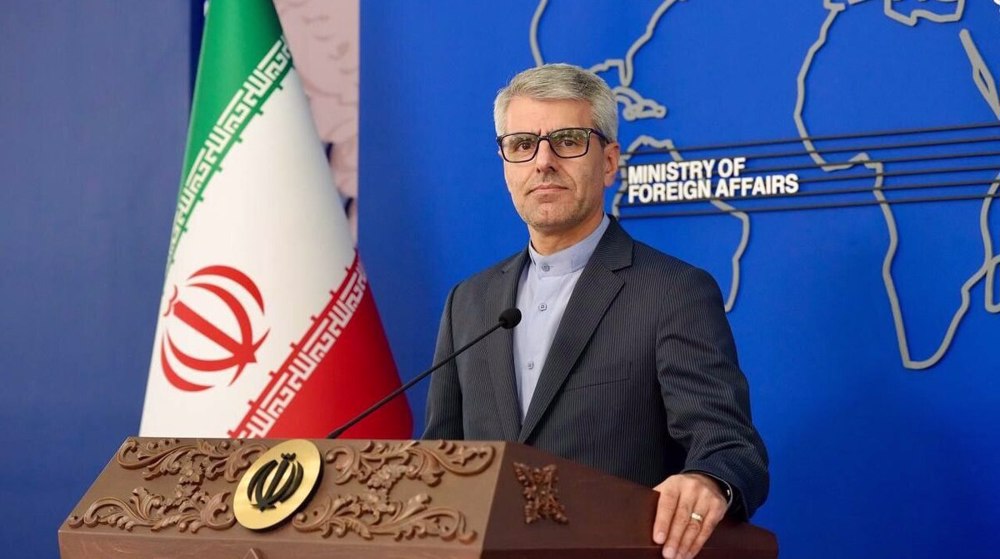
Iran warns ‘moving the goalposts’ could derail Tehran-Washington talks
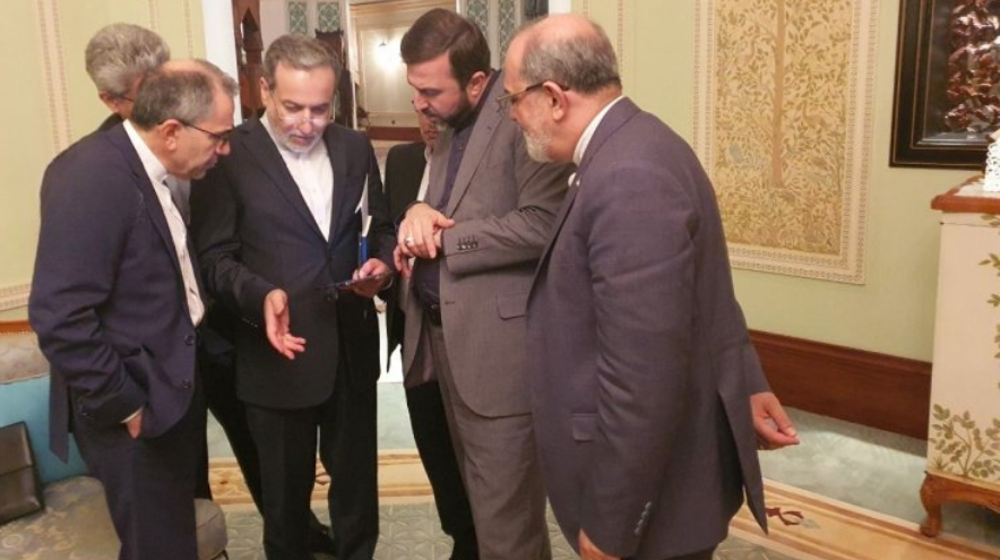
Iran’s enrichment ‘non-negotiable’, talks fruitless under pressure: FM
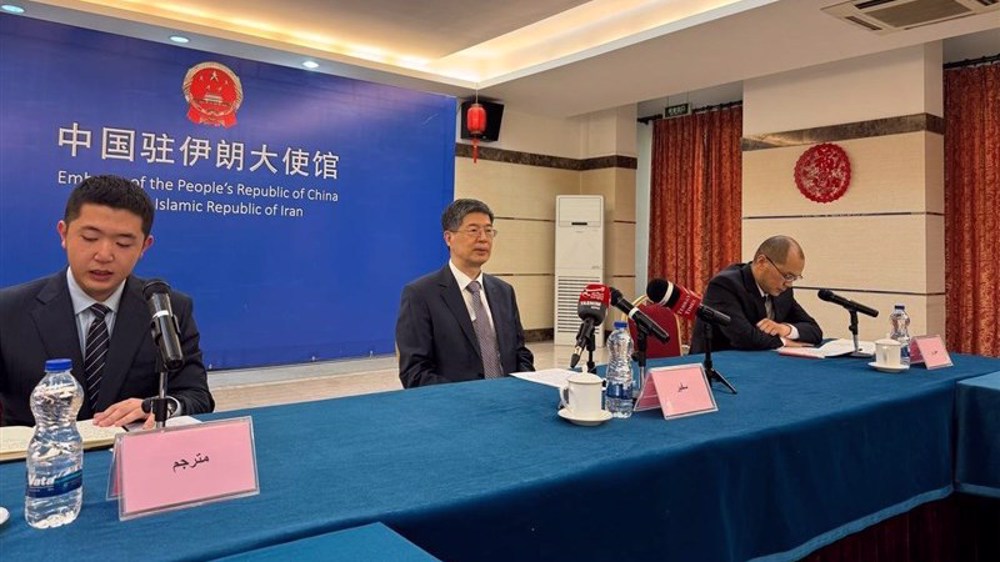
China calls for new Iran deal based on JCPOA; urges US to stop ‘maximum pressure’
Iran warns ‘moving the goalposts’ could derail Tehran-Washington talks
VIDEO | South Koreans push back on nuclear energy boost
Gaza death toll from Israel’s savagery passes 51,000 mark: Health ministry
Who is Mahdieh Esfandiari, Iranian academic jailed in France for pro-Palestine advocacy
Hamas urges ‘week-long global’ rallies to push end to Israel’s Gaza genocide
Tehran to host intl. conference on humanity, freedom centered on Leader's thoughts
‘The West as we knew it no longer exists’: European Commission’s chief
The case of Ahmad Manasra: How Israeli military courts target Palestinian children


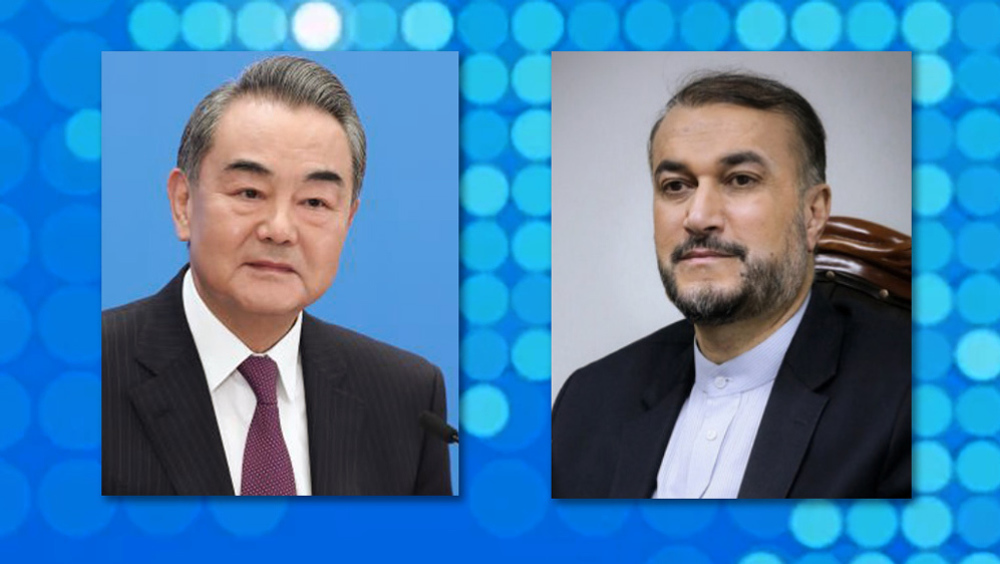
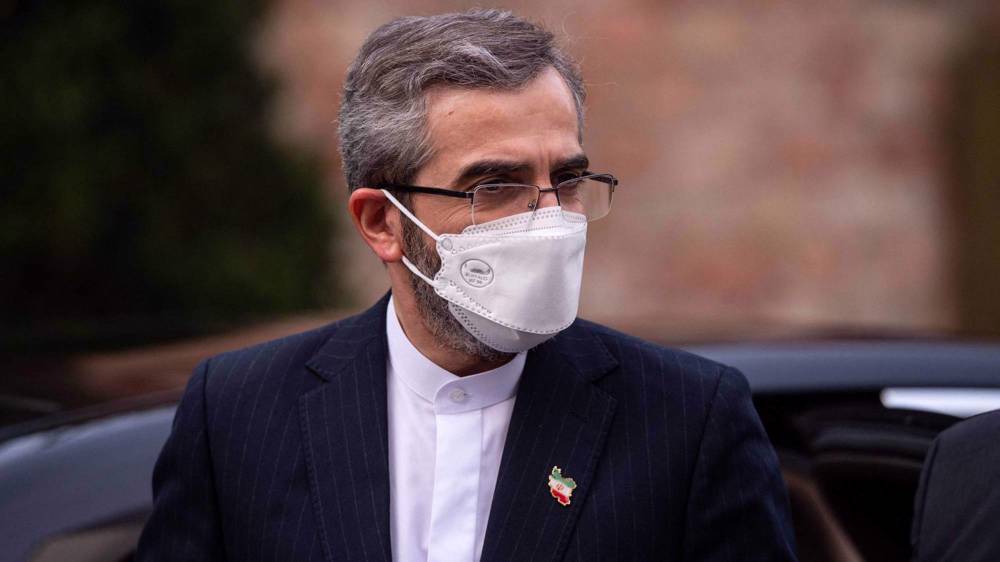




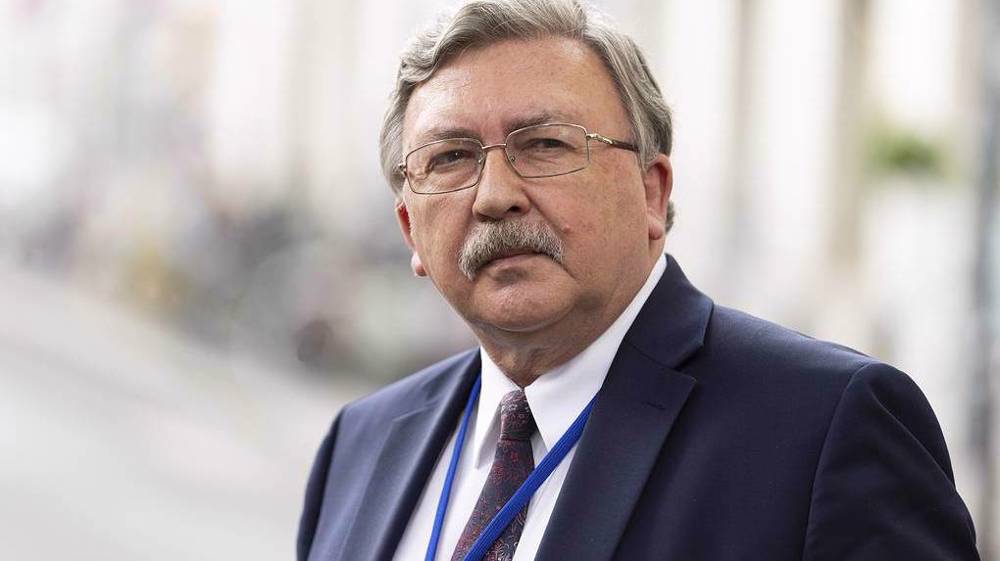
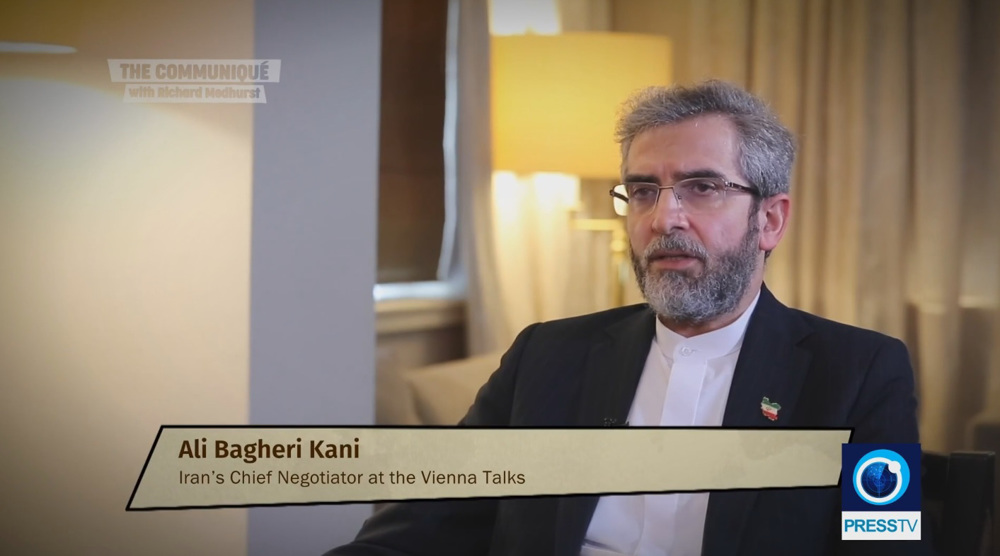
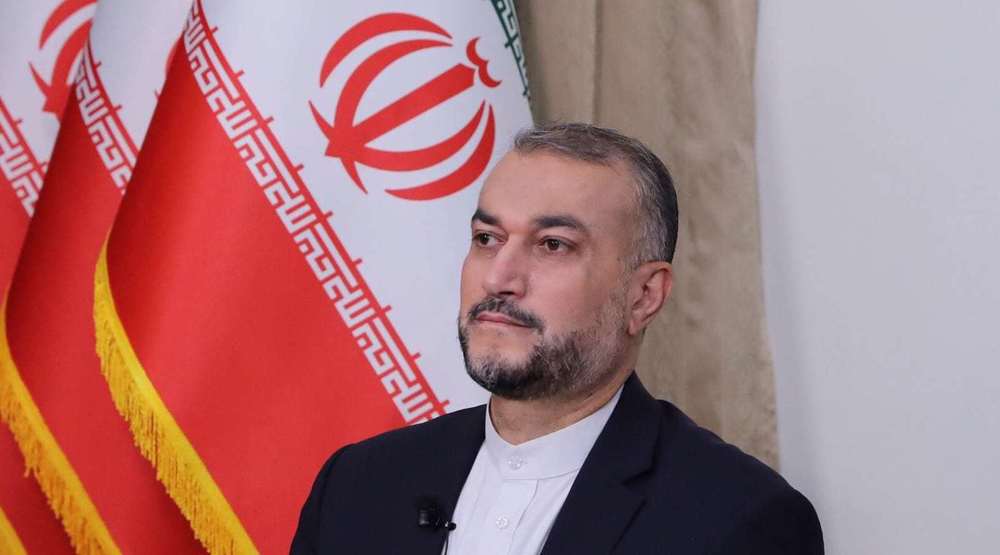
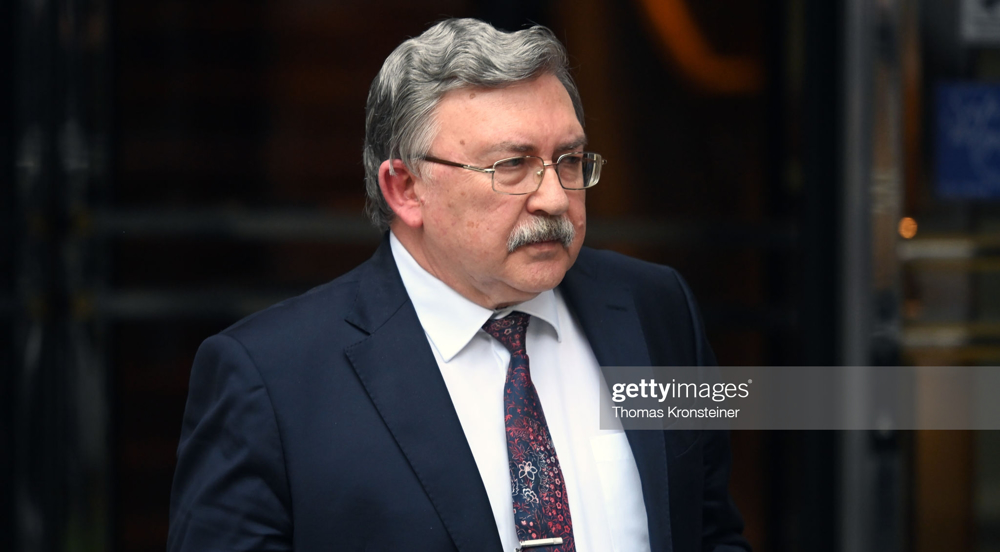
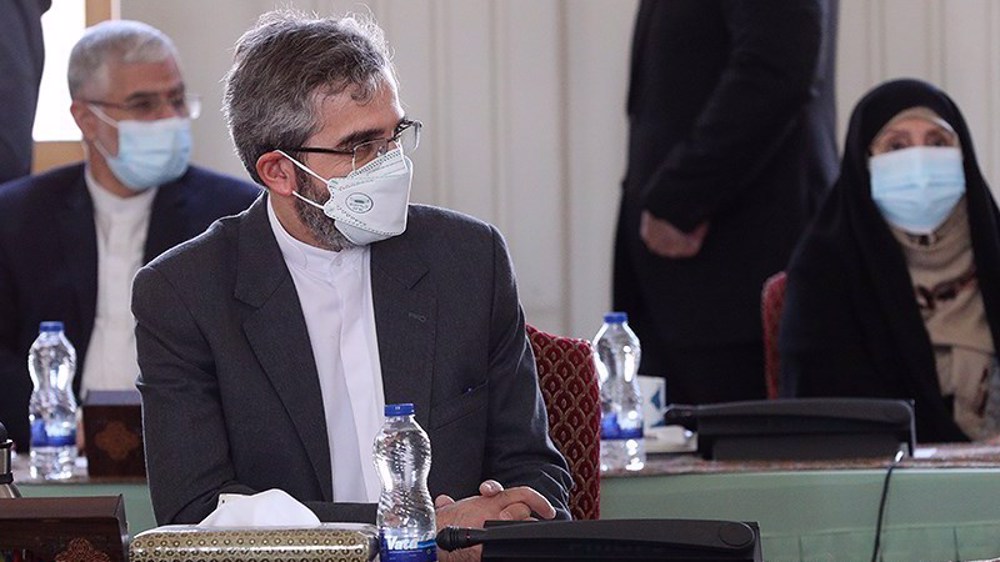

 This makes it easy to access the Press TV website
This makes it easy to access the Press TV website